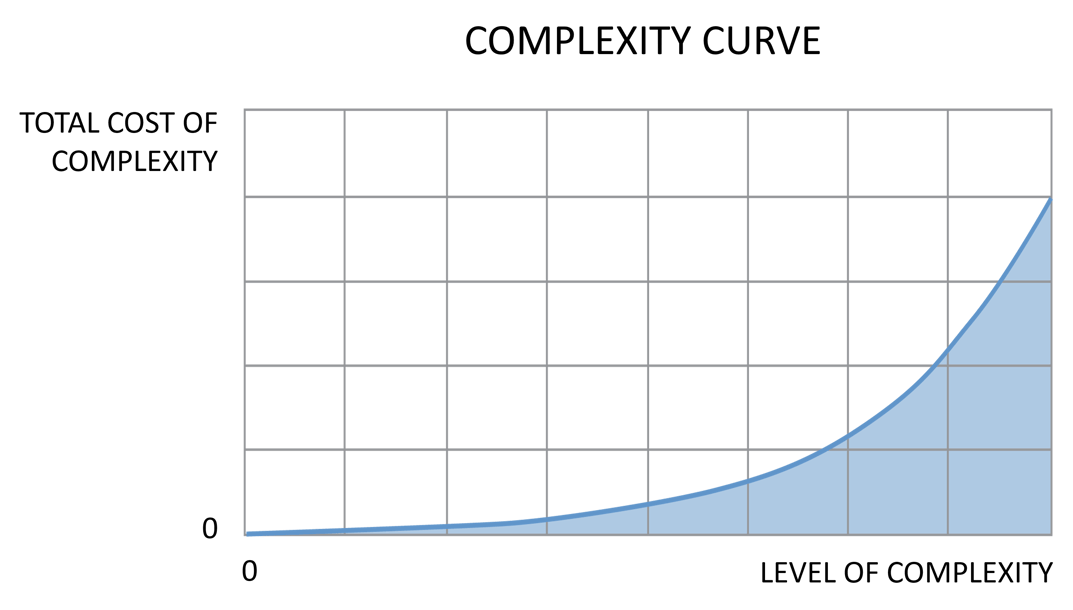In today's polarized world, the part of political reporters is more crucial than in the past. Journalists are usually the gatekeepers involving information, shaping community discourse and democracy itself. However, along with great power will come great responsibility. Personal reporters must regularly balance the tightrope of objectivity in addition to advocacy, ensuring their particular work informs as opposed to misleads. This weblog post explores the ethical landscape involving political reporting, providing insights and tactics for journalists, multimedia consumers, and political analysts to comprehend in addition to uphold ethical specifications.
Understanding the Function of Objectivity
Objectivity in political credit reporting means presenting details without bias or personal opinion. But what does it truly entail? Objectivity entails rigorous fact-checking, well-balanced sourcing, and a commitment to truth over personal or perhaps political gain. Intended for example, journalists should seek multiple opinions and avoid using loaded language of which could skew the particular reader's perception. It’s about offering a extensive view of situations and issues, enabling the audience to form their own thoughts according to unbiased data.
However, achieving real objectivity is much easier said than done. Human beings, which include journalists, naturally include biases shaped by their experiences, beliefs, plus values. This is why transparency is key. Acknowledging potential biases and making efforts to mitigate all of them can go the long way to maintain credibility.
The Challenge of Advocacy

Advocacy journalism, on the particular other hand, entails promoting a certain viewpoint or goal. While Reporting Services of journalism can end up being powerful in bringing attention to underreported issues, it poses a new significant challenge to be able to objectivity. The queue involving informing and convincing can become blurry, and readers might find it difficult in order to distinguish between factual reporting and opinion-based content.
For instance, some sort of journalist passionate about local climate change might compose compelling pieces advocating for policy changes. While the trigger may be only, the risk lies in compromising factual reliability for emotional elegance. Striking an equilibrium is usually crucial; advocacy must not overshadow the dedication to truth and even fairness.
Ethical Issues in Political Confirming
Ethical dilemmas inside political reporting are common and multifaceted. Consider the case of whistleblowers. While their disclosures can lead to significant public curiosity stories, in addition they increase questions about level of privacy, legality, and prospective harm. Journalists must weigh the public's right to know against the feasible repercussions for individuals and national safety.
Another example consists of the use regarding anonymous sources. While these sources can provide valuable information, they also pose risks. Anonymous tips should be corroborated with additional data, and journalists should ensure they aren't being manipulated or spreading misinformation.
Typically the rise of interpersonal media has further complicated ethical considerations. In the race in order to news, typically the risk of discussing unverified information has increased. Journalists must prioritize accuracy over acceleration, as the effects of spreading fake information can be far-reaching and destroying.
Strategies for Controlling Objectivity and Proposal
Balancing objectivity and advocacy requires some sort of deliberate and innovative approach. Here are usually some strategies intended for journalists and media organizations:
Diversify Sources: Engaging with some sort of variety of resources can help current a well-balanced view. This specific includes searching for voices from different political, social, and economic backgrounds.
Fact-Check Rigorously: Ensuring accuracy by way of thorough fact-checking will be non-negotiable. This requires cross-referencing information from multiple credible sources.
Maintain Transparency: Being translucent about potential biases and conflicts of interest can support build trust with the audience. In case a journalist supports a particular cause, acknowledging this in advance can offer clarity.

Individual News from Opinion: Clearly distinguishing in between factual reporting in addition to opinion pieces allows avoid confusion. View articles should be labeled as these kinds of and kept distinct from news studies.
Ongoing Ethics Coaching: Providing regular coaching on ethical requirements and dilemmas will help journalists stay knowledgeable and prepared to be able to handle complex conditions.
The Impact associated with Ethical Reporting within the Public
Ethical confirming plays a critical role in healthy diet public opinion plus trust. When media adhere to higher ethical standards, they give rise to an well informed and engaged citizenry. This, subsequently, tones up democracy by permitting citizens to make well-informed decisions.
Conversely, unethical reporting can go public trust plus fuel misinformation. The particular spread of faux news and sensationalism undermines the credibility of media institutions, producing it harder with regard to the public to discern truth from falsehood. This is the reason maintaining honest standards is not necessarily just a specialized duty but the societal imperative.
Take into account the sort of the Watergate scandal. Honest and persistent confirming by journalists generated uncovering one regarding the biggest politics scandals in Oughout. S. history, ultimately resulting in typically the resignation of President Nixon. This circumstance exemplifies the strength of ethical journalism in possessing those in strength accountable and safeguarding democratic principles.
Conclusion
The balance in between objectivity and proposal in political revealing is a delicate one. Journalists carry an exceptional position of influence and need to navigate this responsibility with integrity, openness, and a commitment to truth. By knowing News Analysis and employing techniques to address all of them, journalists can ensure their work adds positively to public discourse and democracy.
For media buyers and political experts, recognizing these difficulties and supporting moral journalism is equally important. Together, all of us can foster the media landscape that will values truth, justness, and accountability. When you’re interested within learning more concerning ethical political reporting or need individualized advice, consider joining with professionals dedicated to this trigger.
